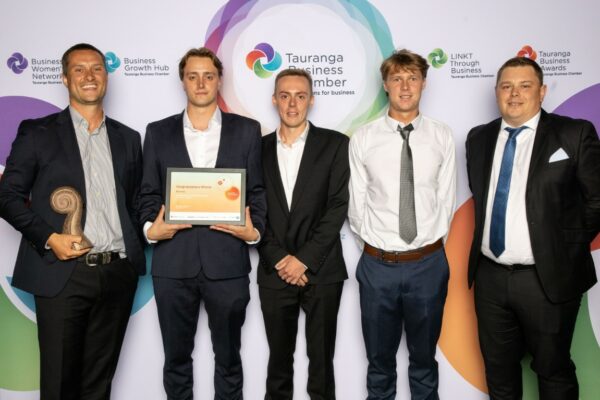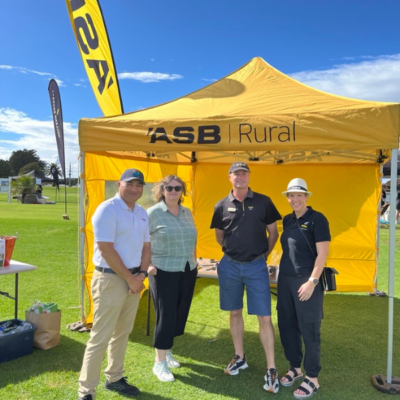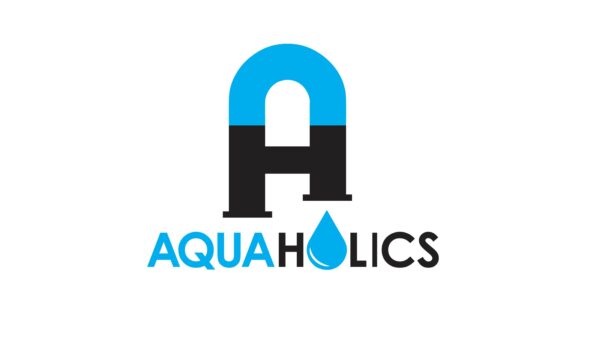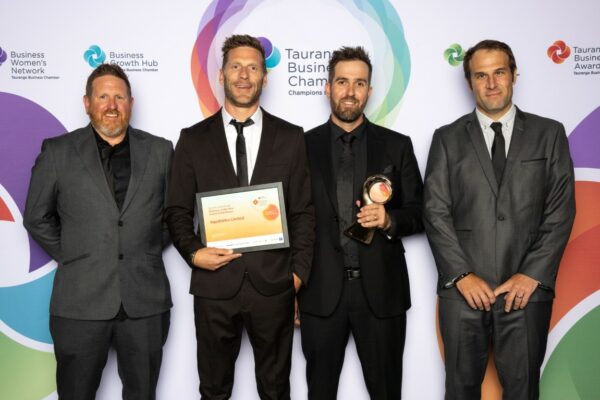Stay Legal is a specialist immigration law firm that assists businesses and migrant employees with practical immigration solutions.
Recently there have been several key immigration changes relating to employers. Stay Legal has summarised the latest updates and practical considerations for employers. This is what you need to know this month.
Post-employer accreditation maintenance
It is important to note that if you have now gained Employer Accreditation, that this needs to be maintained. Employers will need to carry out the following once their Employer Accreditation has been approved:
- Have their Accredited Employer Work Visa holders complete the employee modules during paid hours within 1-month of them starting. Employers will need to keep a record of this.
- Provide Accredited Employer Work Visa holders with settlement information within 1-month of them starting. Employers will need to keep a record of this.
- Have everyone who makes recruitment decisions complete employer modules once within each accreditation period. Employers will need to keep a record of this.
- Notify Immigration New Zealand of any changes to their key person(s), business structure, and compliance issues within 10 working days.
- Employers should also maintain an up-to-date list of their current migrant workers and keep a copy of their visas on file.
Common Job Check pitfalls & considerations
To support migrant workers on Accredited Employer Work Visas, employers will need to carry out Job Checks after they have gained Employer Accreditation. This is the new Labour Market Test (advertising test) where Immigration New Zealand will check to see if the role(s) is/are genuine, that the employment agreement is compliant, and that there are no New Zealand Citizens or Resident Visa holders to carry out or be easily trained to carry out the role(s). Job Check Labour Market Test evidence is not required for roles paid twice the median wage ($55.52 per hour) or for roles that meet the relevant Green List requirements.
Current common Job Check pitfalls include:
- 14-day advertising period: If advertising is required, Employers must advertise for at least 14 days before applying for their Job Check.
- Immigration compliant advertisement: If advertising is required, it must include all mandatory advertising requirements. What Immigration New Zealand requires may not be what employers normally include in their usual advertising.
- Advertise for what is genuinely needed at present: While it is possible to request for multiples of the same role under one Job Check, employers should always only request what they genuinely need at present. Immigration Officers can ask for evidence to justify why certain numbers are required.
- Job Check & migrant worker consistency: The information an employer puts in their Job Check is automatically pulled through to their migrant worker’s Accredited Employer Work Visa. Therefore, employers should be mindful when completing their Job Check. Inconsistencies can lead to unnecessary delays, declines, and repeated Job Checks.
- Maximum hours: Although not an employment law requirement, there is an immigration law requirement for employers to list the maximum hours that a migrant worker is expected to work in the Job Check application and in the employment agreement. What employers do not realise is how this impacts migrant workers who are paid a salary. If a migrant worker is paid a set base salary which includes overtime, Immigration New Zealand will divide the annual salary by the maximum hours to work out the hourly rate based on 52 weeks. There are exceptions to this rule when migrant workers are required to stay overnight.
- Experience “or” qualifications form limitation: The current online Job Check form requires the employer to list the skill and/or education requirements for a role. However, the form itself does not allow for employers to select experience “or” qualification(s). If an employer fills in both on the Job Check application form, this information will be automatically pulled through when the migrant worker applies for their Accredited Employer Work Visa. For example, if an employer wants either 3 years of relevant experience or a relevant diploma and if the employer fills in both on the Job Check application form, the migrant worker they hire will need to prove both at the Accredited Employer Work Visa stage. As a temporary workaround, employers could select 3 years of relevant experience and “No Qualifications” (or vice versa) on their Job Check application form and explain that they need “one or the other” in their cover letter and in the textbox below each requirement.
- Up-to-date employment agreements: When applying for the Job Check, employers must provide their employment agreement template. It is vital that this is up-to-date and compliant to avoid delays.
- Green List & Meeting Green List Requirements: Job Check Labour Market Test evidence is not required for roles that meet the relevant Green List. On the Job Check application form it asks if the role is on the Green List and if it will meet the requirements. It is possible to have a role on the Green List but for an employer to need less than or different to the Green List requirements. In this situation, the employer can answer “No”, however, advertising will likely be needed unless the role is paying at least twice the median wage.

New sector agreement median wage exemptions coming in October 2022
Under the Accredited Employer Work Visa policy, unless a role is on the Roles Exempt From Median Wage list, employers need to pay at least the median wage to support a migrant worker on an Accredited Employer Work Visa. The current median wage is $27.76 per hour. Immigration New Zealand has reached new Sector Agreements with certain key sectors to allow for certain roles to be paid below the median wage for a set time period. The catch is that these below the median wage roles will only be offered up to a two-year Accredited Employer Work Visa with a potential offshore stand-down period afterwards. Stand-down periods can potentially be avoided if the employer offers the migrant worker(s) an at or above median wage role when the migrant worker goes to renew their Accredited Employer Work Visa.
Median wage will likely increase in February 2023
Immigration New Zealand has indicated that they will be looking to increase the median wage in February 2023 next year. This will likely be around the $29.00 per hour mark (usually determined by Statistics New Zealand). Employers should note that if their migrant worker is granted their Accredited Employer Work Visa before the median wage increase in February 2023, then they will only need to meet the median wage requirement and their visa conditions from before the February 2023 median wage increase.
Physical passport verification suspended
Immigration New Zealand was requiring some offshore migrant workers to send their physical passports to their nearest Visa Application Centre for verification. This process caused delays in approving Accredited Employer Work Visas.
Immigration New Zealand has now suspended this requirement. This means that the automatic emails received by migrant workers to send their physical passports to their nearest Visa Application Centre can be disregarded. Migrant workers should still send their physical passports to their nearest Visa Application Centre if an Immigration Officer (non-automatic email) has specifically requested for them to do so.
Ability to support open partnership-based work visas
Previously, Immigration New Zealand has indicated that from December 2022, most Accredited Employer Work Visa holders will no longer be able to support their partners to apply for open Partnership-Based Work Visas. Immigration New Zealand has noted that Accredited Employer Work Visa holders who meet Green List requirements or earn at least twice the median wage (currently $55.52 per hour) will still be able to support their partners on open Partnership-Based Work Visas from December 2022 onwards.
Disclaimer: This article was written to provide general guidance only. It is correct at the date of this article (30 September 2022) and is subject to further updates.
Contact Lauren at Stay Legal at www.staylegal.co.nz or connect on social media: Facebook or LinkedIn
Looking for more business tips and advice? Head to our Latest News section.
















































